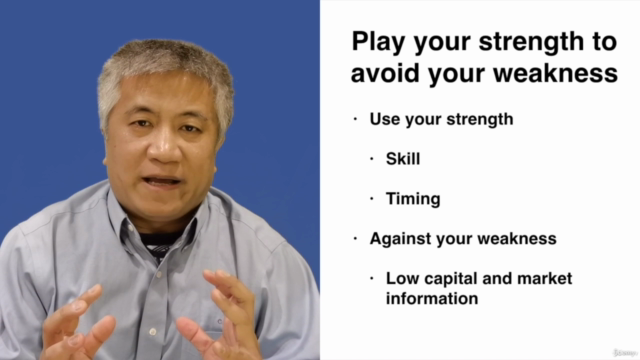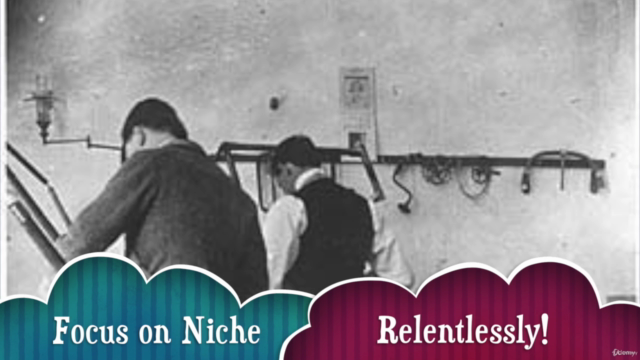Startup With No Money | Power Tactics for Entrepreneur

Why take this course?
-
Understand the Market: Before you even start building your product, you need to understand who your customers are and what they need. This is not just about identifying a problem but understanding the pain points deeply and how they resonate with your target audience.
-
Start with a Minimum Viable Product (MVP): Your MVP should be good enough to solve the customer's problem without all the bells and whistles. It's the simplest version of your product that allows you to start the learning process as quickly as possible.
-
Test, Measure, Learn: Once you have your MVP, you need to test it in the market. Collect data on how customers use it and what they think about it. Use this feedback to make iterative improvements.
-
Build a Product around Real Data: Don't assume what your customers want. Use real data from your testing phase to inform the development of your product. This will ensure that you are building something valuable to your customers.
-
Validate Your Business Model: Make sure you have a way to make money from your product. This could be through sales, subscriptions, or ads. Your business model needs to be validated just as much as your product.
-
Market and Sell: Even the best product will fail if no one knows about it. Invest in marketing and distribution channels to reach your potential customers. Learn how to effectively market your product based on what you've learned from your target audience.
-
Focus on Benefits, Not Features: When selling your product, emphasize how it solves the customer's problem or improves their life. People buy benefits, not features. Make sure your value proposition is clear and compelling.
-
Continuously Improve Your Product: Use feedback from customers to continuously improve your product. Keep adding features and making improvements that add value for your customers.
-
Scale Your Business: Once you have a successful product with a solid customer base, consider scaling your business. This could mean expanding your market, adding new products or services, or growing your team.
-
Understand That Success Takes Time and Persistence: Building a successful startup is not an overnight process. It requires resilience, adaptability, and a willingness to learn from failures. Even the most successful entrepreneurs have faced setbacks.
Remember, the key to a successful startup is not just about creating a unique product but solving a real problem in a way that is better than the alternatives currently available. It's also about understanding your market, customers, and competition, and being able to pivot when necessary. Always keep learning, stay customer-focused, and never stop improving your product and business model.
Course Gallery




Loading charts...